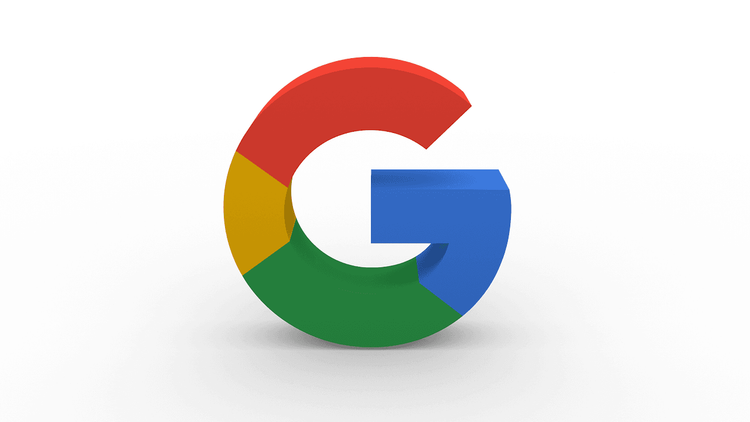The iPhone 16 officially launches this Friday, but for those eager to be among its first users, a significant compromise is part of the package. In short, this is not quite the iPhone 16 that many expected. Apple CEO Tim Cook heralded it as the “first iPhone designed for Apple Intelligence,” but that word "for" is crucial: the device will not debut with its most anticipated AI features.
This moment feels pivotal for Apple. While the company may not always rush to market with new features or embrace every trend, it has historically focused on delivering the best quality. Unfortunately, that’s not the case here. Apple seems to have jumped on the AI hype train, only to enter a landscape that lacks fully realized offerings.
Apple has addressed its Apple Intelligence suite twice — first at the Worldwide Developer Conference (WWDC) in June, then again during the iPhone 16 launch in September. However, when comparing its advancements to rivals like Google and Microsoft or newcomers like OpenAI and Anthropic, it is evident that Apple is lagging behind.
The initial AI tools announced and available in beta include rewriting tools, article summaries, object removal in photos, and audio transcription. Much of this functionality is already available through competitors. Apple is betting that its strong privacy promises — ensuring that users’ data remains confidential and unshared — will draw consumers in.
The gap between the product and its promised features may not be as stark as perceived — at least, that's how Apple would explain the situation. Although the iPhone went on sale on September 20, the AI features are not expected to rollout until October. However, only a limited set of features will be available at launch, and they’ll be restricted to U.S. English. Remember, international markets are crucial for Apple, accounting for over half of all iPhone sales.
More advanced AI functionalities such as visual search and Image Playground are slated for next month, with additional language support to begin in December — starting again with localized English. Other languages will not be introduced until 2025.
Owning an iPhone 16 is not essential for accessing the new AI features. The iPhone 15 Pro and 15 Pro Max users will also be able to tap into this platform.
If Apple Intelligence is going to be the transformative advancement the company claims, it raises the question: will these rollout delays deter users from upgrading, or will consumers adopt a more cautious wait-and-see mentality, potentially impacting sales?
As my colleague Sarah Perez mentioned, the usefulness of Apple’s AI features could increase once third-party developers fully integrate them into their applications. This potential may become relevant as we look ahead to the iPhone 17.
Ultimately, this may be Apple's strategy — laying the groundwork for long-term growth while asking consumers to take a leap of faith by embracing this emerging technology.







